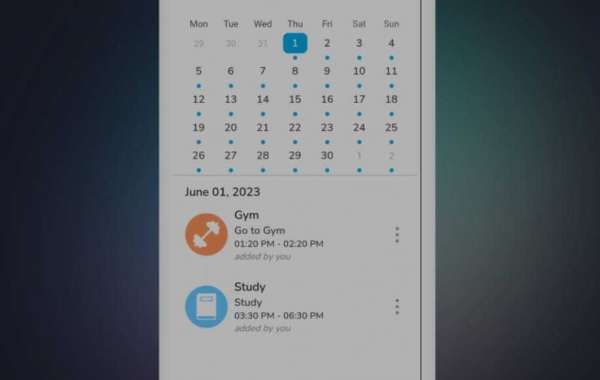Caregivers within the Developmental Disabilities Administration (DDA) play a vital role in supporting individuals with diverse needs. However, the demands of caregiving can take a toll on the well-being of these dedicated individuals, leading to burnout. In this blog, we'll explore the importance of self-care for DDA caregivers and provide practical tips to prevent burnout and enhance overall well-being.
Understanding the Challenges: Caregivers within the DDA face unique challenges, including emotional demands, complex care routines, and the need for constant adaptability. Acknowledging these challenges is the first step in recognizing the importance of self-care for sustaining meaningful and effective caregiving.
1. Prioritize Physical Well-Being: Physical health forms the foundation of overall well-being. DDA caregivers should prioritize regular exercise, adequate sleep, and a balanced diet. Simple activities such as walking, stretching, or practicing mindfulness exercises can contribute to physical well-being.
2. Establish Boundaries: Setting clear boundaries between work and personal life is crucial for preventing burnout. DDA caregivers often invest emotionally in their work, and establishing boundaries helps create a space for personal relaxation and rejuvenation.
3. Seek Emotional Support: Caregiving can be emotionally taxing, and it's essential for DDA caregivers to seek emotional support. This can come from friends, family, support groups, or professional counselors. Sharing experiences and feelings with others who understand the challenges can provide valuable perspective and comfort.
4. Take Breaks and Rest: Continuous caregiving without breaks can lead to burnout. DDA caregivers should schedule regular breaks during their workday and ensure they take time off for rest and relaxation. Short breaks, vacations, or even moments of quiet reflection contribute to mental and emotional rejuvenation.
5. Practice Mindfulness and Stress Reduction Techniques: Mindfulness practices, such as meditation and deep breathing exercises, can help DDA caregivers manage stress and stay present in the moment. Integrating these techniques into daily routines provides moments of calm and reflection.
6. Attend Training and Professional Development: Continued learning and professional development are not only beneficial for the individuals receiving care but also for the caregivers themselves. DDA caregivers should take advantage of training opportunities to enhance their skills, knowledge, and confidence in their role.
7. Foster Hobbies and Interests: Maintaining a life outside of caregiving is essential for preventing burnout. DDA caregivers should actively engage in hobbies and activities they enjoy. Whether it's reading, gardening, or pursuing a creative outlet, having personal interests contributes to a well-rounded and fulfilled life.
8. Delegate and Seek Help: Caregivers may feel the need to take on all responsibilities, but it's crucial to delegate tasks and seek help when needed. Whether it's involving other family members, friends, or support services, sharing the caregiving responsibilities helps prevent burnout.
9. Establish a Support Network: Building a strong support network is essential for DDA caregivers. Connecting with other caregivers, joining support groups, or participating in community events fosters a sense of belonging and provides opportunities for shared experiences and advice.
10. Reflect and Celebrate Achievements: Taking time to reflect on achievements, both big and small, is important. DDA caregivers should acknowledge the positive impact they have on the lives of those they care for. Celebrating milestones and successes, no matter how small, contributes to a sense of fulfillment and purpose.
see more:-










